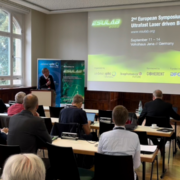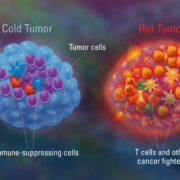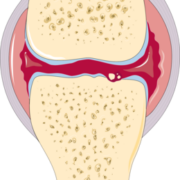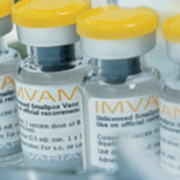In the present newsletter special issues will be reinforced and personality of branches interviewed. Financing in sustainable production (#BRAIN_AG), synBio and AI (AIgnostics) are highlights in the Biotech Newsletter of Deutsche Börse AG.
ADVERTISEMENT
Antibody-Drug Conjugate (ADC) specialist Pheon Therapeutics Ltd. has closed a $68m Series A financing co-led by Brandon Capital, Forbion and Atlas Venture.
Immunogenicity and limited gene transfer capacity can negatively affect the outcome of cell and gene therapies. European Biotechnology magazine spoke to Dr Dimitrios Laurin Wagner, Berlin Center for Advanced Therapies (BeCAT) and Gene Editing for Cell Therapy group leader at Charité, on new approaches that promise to overcome some limitations of current virus-based gene therapies.
nearly 200 participants
from 23 countries
30 posters
28 talks
Fossil carbon is in nearly everything we use in our daily lives ranging from power and fuels to fibers, coatings, and materials used in our clothes, packaging, toys, and household goods. Virgin fossil carbon use in these products is not sustainable given the current understanding of the impact of extracted, emitted, and waste carbon on our environment, climate, and vulnerable populations.
Kupando has raised €13m in Series A financing co-led by Remiges Ventures and LifeCare Partners to initiate clinical development of KUP101.
Danish AI health app developer DAMAN P/S has entered the €12m EU-funded Squeeze project, that aims to find stratification biomarkers for DMARDs in rheumatoid arthritis (RA).
The technological and pharmacological advances lead to an increase in the number of molecules for R&D that are challenging and difficult to manufacture. To improve clinical success, pharma and biotech companies are seeking innovative ways to accelerate progress and reduce scientific, economic, and delivery risks.
Quinten Group’s French healthcare arm Quinten Health has closed a financing round to advance disease modeling platforms and virtual twins in real-world.
Bavarian Nordic A/S has expand its smallpox contract signed with the Canadian PHAC in June from $56m to $470m including $180m in contract options.











